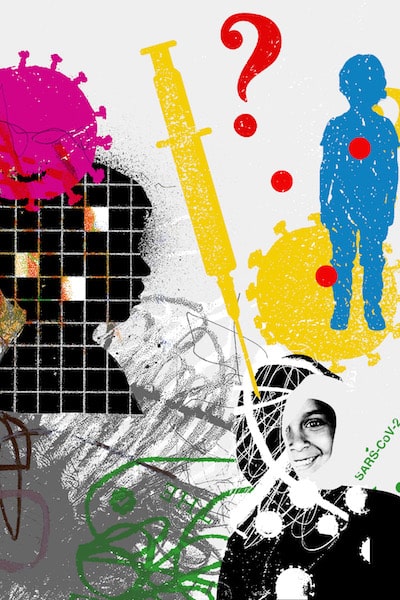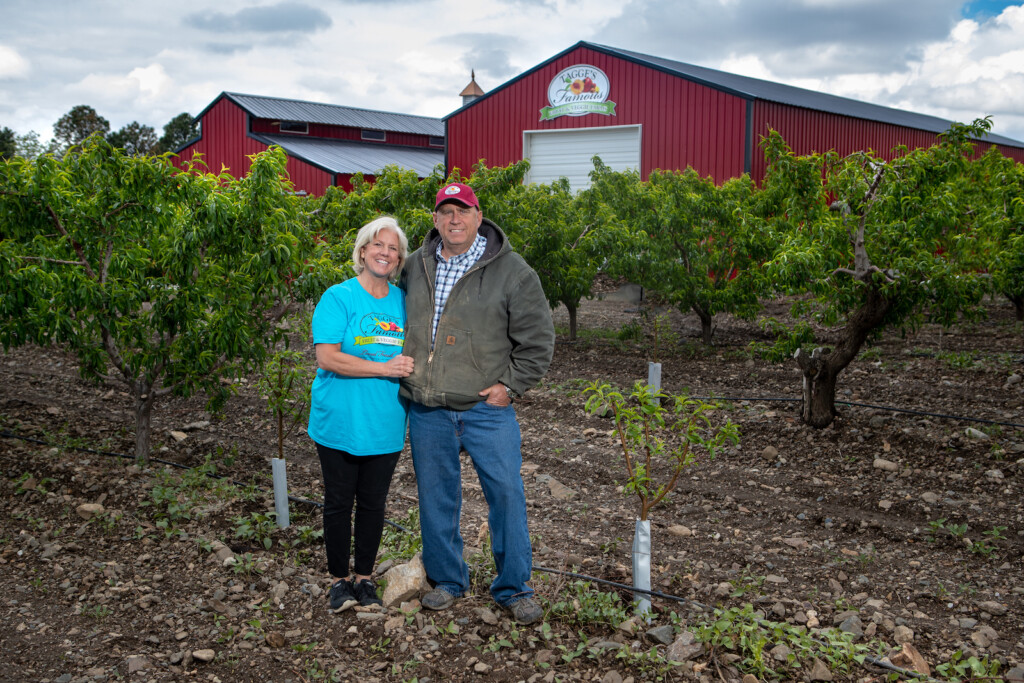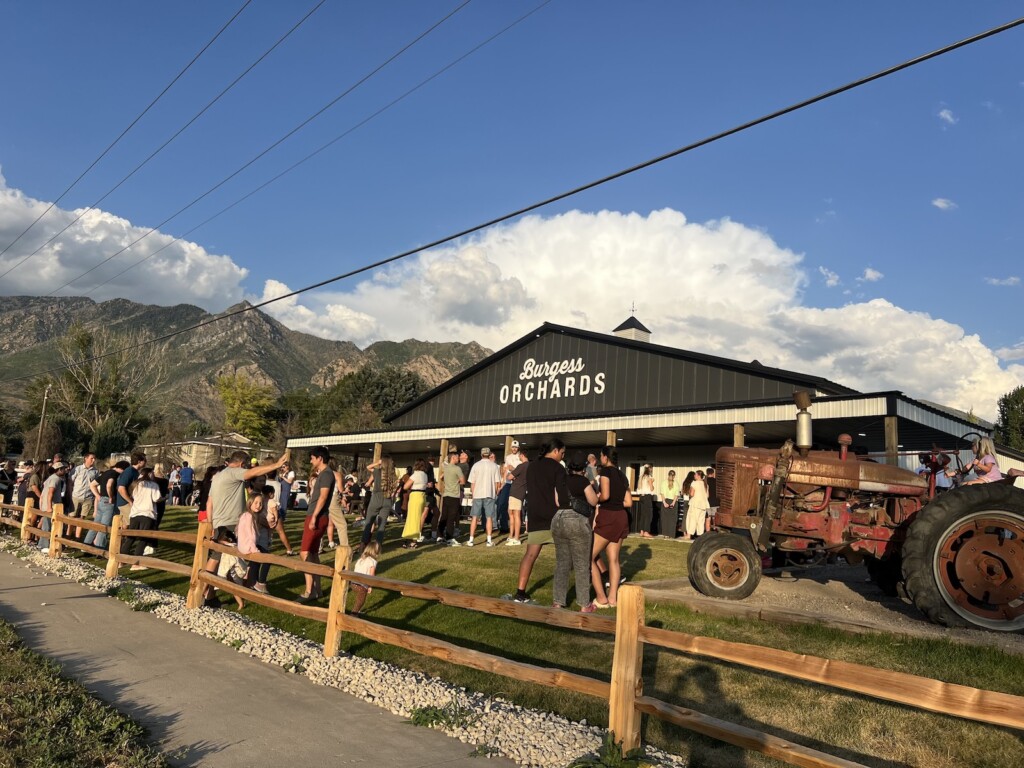
This past spring, when children became eligible to receive the Covid-19 vaccine through Pfizer-BioNTech, it was great news to Janette, the mother of a 15-year-old daughter who lives in southwest Utah.
“I thought it was in her best interest to protect her,” Janette said. “I was trusting the medical field in making that decision.” After receiving the vaccine as well as the booster, Janette’s daughter felt no ill side effects and essentially sailed through the process.
Given the risks involved in contracting Covid-19 or it’s variants, including respiratory distress, fever, pneumonia, sore throat, cough, long-term fatigue and for some, death, receiving a vaccine could seem like an easy choice to make for a virus that caused a nationwide pandemic in March of 2020. Lockdowns, social distancing and masks immediately followed the rapid onslaught of Covid cases.
While vaccines quickly became available to adults, it would be months later before it was available to children. For those choosing to vaccinate today, protocol dictates that children ages 5-11 receive a half-dose (compared to a normal adult dosage) while those 12 and up receive a full adult-size dose.
However, given the calculated risks that parents take on a daily basis protecting their children, Jennifer, a mother of a 12-year-old boy and 14-year-old girl, feels the vaccine may be too risky for them to receive.
“I have heard from lots and lots of people that menstrual cycles have been severely interrupted by the vaccine,” Jennifer, a breast cancer survivor, said. While she herself is fully vaccinated given her weakened immune system, “with my life circumstances I have vowed to listen to my gut and not be a people pleaser,” she explained. “And my gut is saying ‘this doesn’t seem right.’ Yet, my sister-in-law is an OBGYN and had all of her daughters vaccinated.”
While Jennifer has less-specific concerns about her son receiving the vaccine versus her daughter, she is concerned about the age cutoff for receiving a full dose versus a half dose.
“I’m not in the anti-vax camp,” she emphasized. “Rather I’m in the ‘wait and see’ approach and in the ‘wait and see’ camp.” “I just don’t understand how a 12-year-old and up can get the same dose as an adult and those 11 and under get a half dose,” she said. “That concerns me. Six months ago, my son was eligible for a half dose, but now that he’s 12, he would get a full dose? There isn’t that much difference between an 11-year-old and a 12-year-old. It seems like when you are full-grown (at age 18) that is a better place to draw the line. Why 12? That’s because we are rushing to do this. They don’t know what they don’t know. I don’t believe this virus was engineered to behave like a normal virus. Getting the vaccine is not in my kid’s best interest.”
Other Utah parents who have yet to vaccinate believe their children building natural immunities is ultimately better for their overall long-term health.
“I think some vaccines are ok-ish,” offers Bre’tte, mother of an eight-year-old boy and two-year-old daughter. “But I also think that it is better for children to be natural and naturally build their immune system. Neither of my children will be vaccinated for Covid. Because with the amount of research that has been done on the vaccine there is not nearly enough for me to put them at risk. And Covid itself can be controlled by washing your hands and staying sanitary.”
However, while agreeing these viewpoints can be valid, Abby, the mother of two teenaged asthmatic daughters, ages 18 and 19, the latter of whom is substantially overweight and on the spectrum for autism, strongly felt the vaccine was the only real way to keep them both safe from succumbing to Covid. After receiving the vaccine, the overweight daughter had no side effects. Yet the other developed an immediate migraine and sore arm.
“The doctor thinks she may have already had Covid and that’s why her response was so strong,” Abby said. “But I’m glad they are both vaccinated because it’s very important for their health, well-being and safety.”
RELATED CONTENT
Angered Over COVID Mask Requirements Customers Assault Small Businesses in Eden, Utah
Ogden Businesses Survive COVID Challenges Thanks to Local Support
39-year-old Utah Woman Dies After Receiving Covid Vaccine
Subscribe to Utah Stories weekly newsletter and get our stories directly to your inbox





